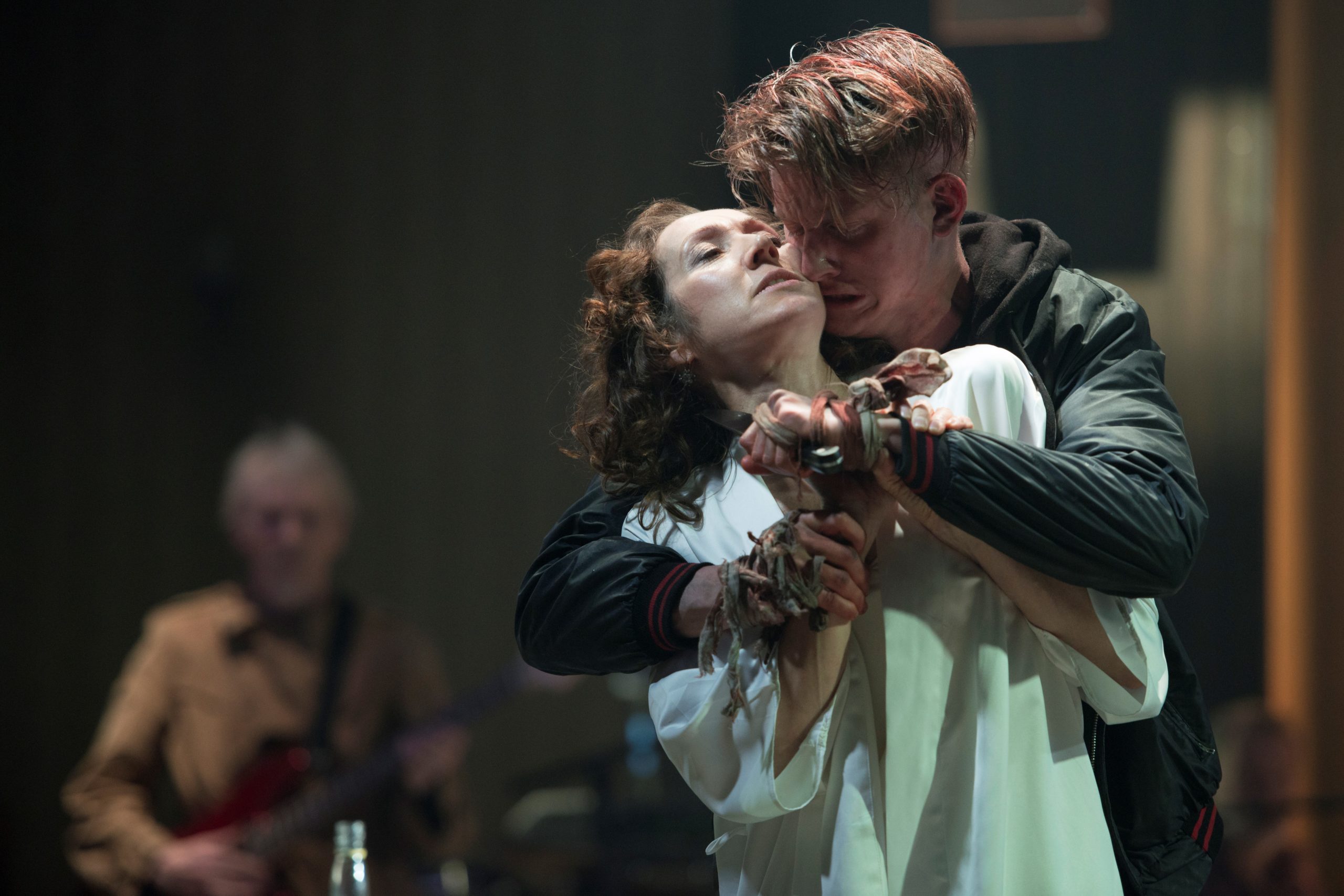Art is meant to reflect reality, however, too often it only shows one side of the story. It is no secret that art has, for a long time, had a gender problem and, despite the extraordinarily varied canon of British theatre, it is no exception. All too often, women are excluded from the picture or, where they are its focus, the framing is limited to traditionally feminine situations. While theatre is full to bursting with ‘everyman’ roles, the ‘everywoman’ has been notable mostly by her absence.
At St Andrews, theatre has long played a central role in creative work at the School of English. Its world-leading research has inspired faculty such as Professor Zinnie Harris to address these fatal flaws in theatrical tradition through innovative and artistic means.
Harris’ writing is driven by the need to challenge representations of women in theatre. To that end, her plays place women at the centre of the story – relatable women, who are not defined simply by their gender or romantic relationships. This has resulted in a new legacy of leading roles for women in British theatre. Among this canon is How to Hold Your Breath, a modern morality play that reflects the contemporary refugee crisis. The play acts as a response to Bertolt Brecht’s The Good Woman of Szechwan, in which the titular character invents an alter ego to escape from a life that, because of her gender, is entirely devoid of agency. Whereas Brecht suggests that women must deny their femininity to effect change, Harris updates the narrative to portray a woman who remains true to herself, and who represents all of humankind in her search for agency.
In addressing the gender imbalance within ancient and canonical theatre, Harris has often directly confronted simplistic and unconvincing portrayals of women. One example is her 2019 adaptation of John Webster’s The Duchess of Malfi, which brings the latent feminism of the original into full focus in an exploration of male reactions to female power. Harris’s version retains the themes from the original, but also engages with contemporary contexts such as the #MeToo movement.
Zinnie Harris’ plays have created substantial roles for women actors and have been an important factor in recent efforts to address the gender imbalance still found in theatre across the world. Since 2015, Harris’ plays have been translated into 11 languages and seen by audiences in 10 countries including the UK, Italy, Slovenia, South Africa, Sweden and Turkey. This global legacy has provoked debate about women’s representation in theatre, influenced the programming practice of multiple major theatres and profoundly influenced British, Turkish, Kurdish and Iranian playwriting about women.
The influence of Harris’ work on the cultural consciousness is confirmed by its popularity. Her sixth play, How to Hold Your Breath, was seen by nearly 20 thousand people during its eight-week premier on the main stage of the Royal Court Theatre, London. After winning the Berwin Lee playwriting award for best play in the UK and USA, How to Hold Your Breath enjoyed a series of productions around the world, including an audio version broadcast on French national radio.

This success has fostered a wider increase in women’s representation in professional drama. Harris’ plays provide opportunities for women actors in their thirties and forties to take leading roles at a time when work typically starts to thin. This representation has even extended behind the curtain, with the Johannesburg production of Meet Me at Dawn being supported by an all-women design and production team. Several actors went on to win awards for their roles in the play, including Pauline Knowles, who was awarded Best Actress at the 2016 CATS awards for her Clytemnestra in This Restless House.
By using her talent to empower women in theatre, Prof. Zinnie Harris addresses a critical shortcoming of the dramatic canon. Her work allows the rich stock of women actors across the world to grapple with emotionally complex and nuanced material, and forces audiences to confront issues that would be left ignored without diversity of talent both on- and off-stage.
